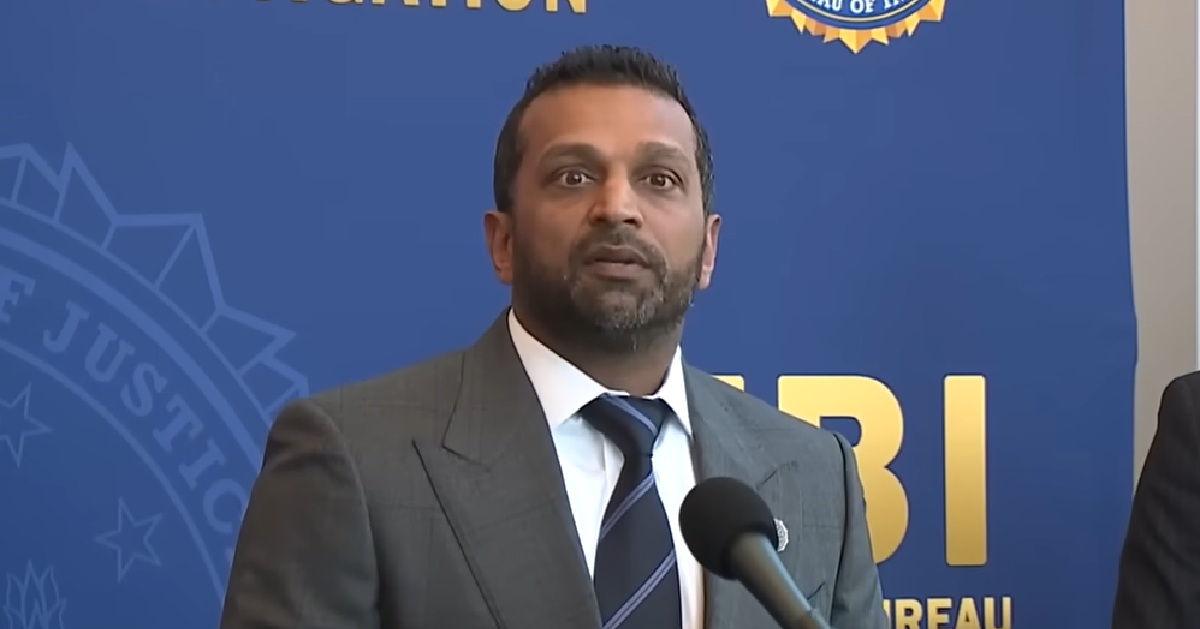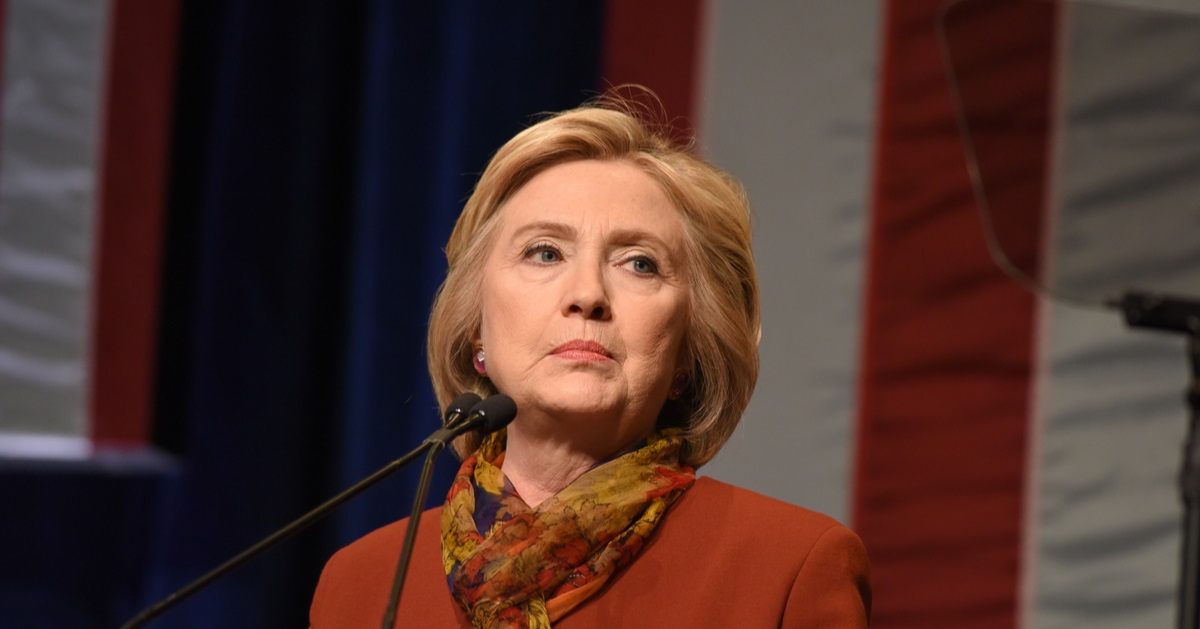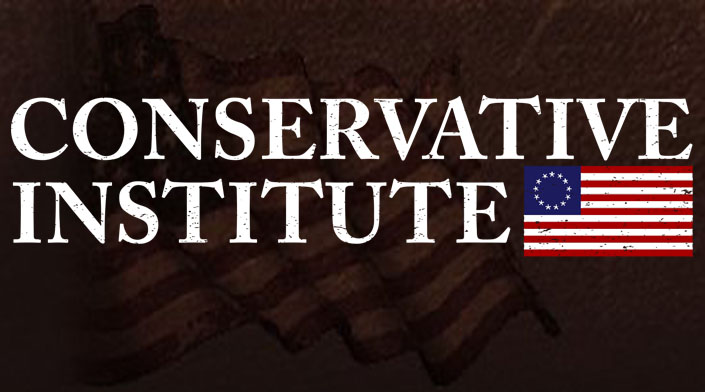Supreme Court asked to review decision regarding Illinois counting mail-in ballots 14 days after Election Day
Unsurprisingly, legal battles are playing out across several states in the wake of the 2024 election, with many of them focused on various aspects of counting mail-in ballots.
According to the Washington Examiner, one such case is playing out in the blue state of Illinois after a conservative watchdog group asked the U.S. Supreme Court to review a federal court's ruling that allowed the counting of mail-in ballots up to 14 days after Election Day.
The federal court ruled that the practice of counting the mail-in ballots was legal, but in a separate federal case involving Judicial Watch, the court ruled that such a practice is unlawful.
As a result, the group wants the case to be decided by the Supreme Court, once and for all.
What's going on?
The provision was originally challenged by a Republican lawmaker out of Illinois, Rep. Mike Bost. A Seventh Circuit U.S. Court of Appeals panel found that Bost had no standing to challenge the practice.
The Fifth Circuit U.S. Court of Appeals ruled otherwise, and gave Judicial Watch the ammo it needed to ask SCOTUS to make a uniform ruling on the matter.
"The other case, in Mississippi, they had struck down the five-day rule. Somewhere between those two different appellate court jurisdictions, Judicial Watch is pushing it up to the Supreme Court to make a [uniform] judgment," said Roy Horras, a leader for an Illinois election integrity group.
Judicial Watch President Tom Fitton said that the 14-day provision not only invites fraud, but also violates the civil rights of voters and also federal law.
"Counting ballots after election day is a great way to invite fraud and it undermines confidence in elections and it’s downright illegal," Fitton said.
"We have a civil rights lawsuit for Mississippi voters who object to that state counting absentee ballots for up to five days that arrive after an election," said Fitton.
He added, "We also have a lawsuit in Illinois where they count ballots up to 14 days after an election, even without a valid postmark."
Good odds
Because of the similarities in the cases with different decision, Horras said there's a much better chance that the Supreme Court will take up the matter.
"If two courts are hearing cases that seem to come together then it’s more likely it’ll get pushed up to the Supreme Court," he said.
Only time will tell if the high court takes the case and, if so, what it will ultimately decide is fair and lawful.





